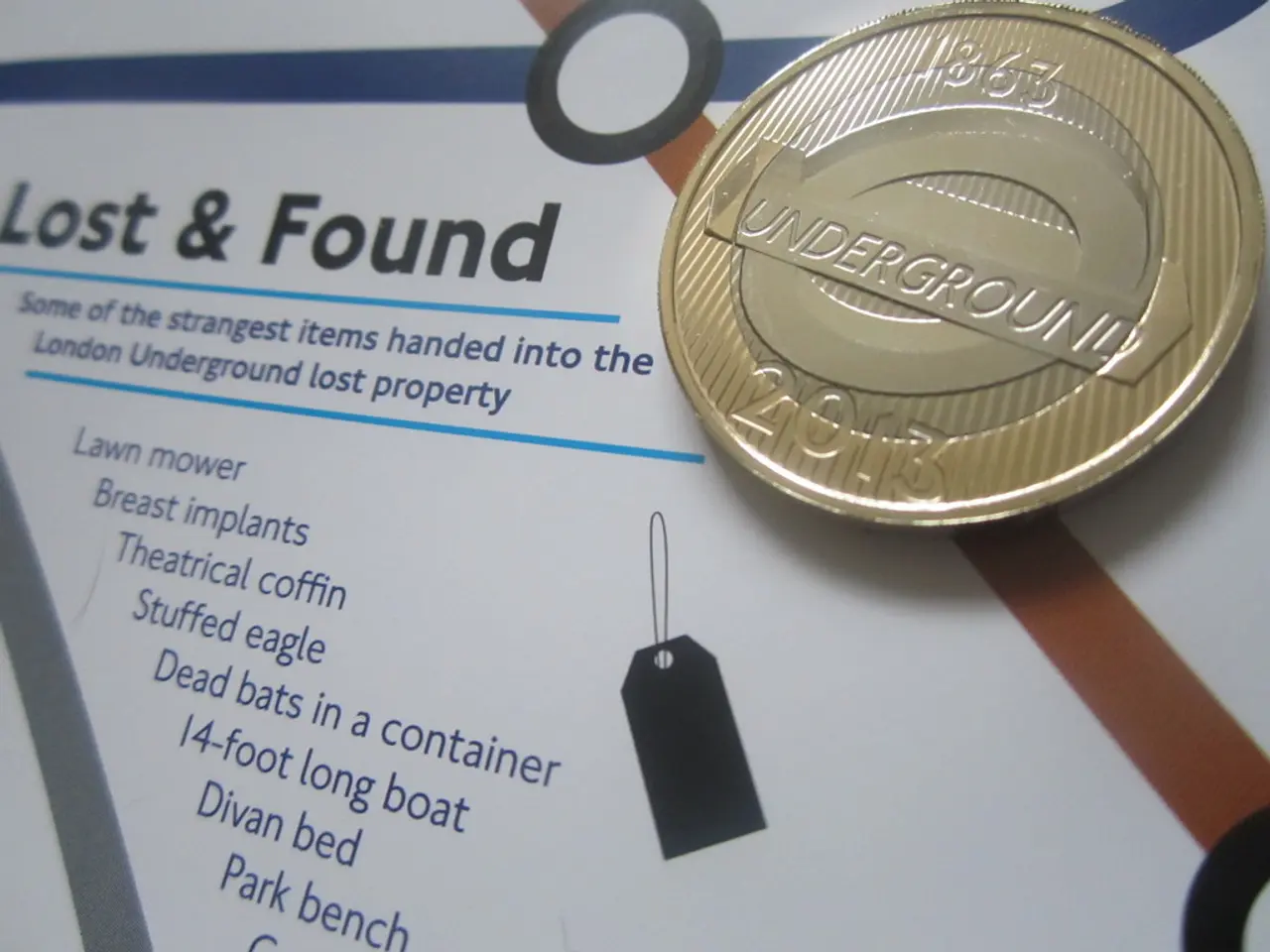Matviyenko's call for expedited legislation on anti-gambling measures
In Russia, the gambling industry remains strictly regulated, with legal casinos confined to four designated zones and 15 licensed bookmakers operating under stringent rules [2]. However, the country continues to grapple with a large underground gambling market due to these restrictions.
Recently, a legislative push has emerged to tighten gambling restrictions further. A group of senators prepared three bills a year ago, proposing strict restrictions in the gambling industry [2]. These bills have the support of the parliament and even the Presidential Administration [3].
The bills aim to address concerns about the accessibility of gambling through messengers and mobile applications, which have become a cause for outrage [1]. They also aim to prevent "fast games," which are sports bets disguised as bookmakers but mechanically indistinguishable from slot machines or online casinos [2].
The legislative package includes measures to protect vulnerable population categories from gambling addiction. It proposes a ban on the participation of incapacitated citizens in gambling and a restriction on the use of borrowed funds, specifically a ban on bets with credit cards [2].
The advancement of these initiatives at the government level has been blocked, but the Federation Council Chair, Valentina Matviyenko, has instructed immediate consultations with the Ministry of Finance to remove obstacles and adopt the legislative package aimed at reducing gambling involvement and eliminating masking schemes during the fall session [3].
Matviyenko has demanded decisive action on bills aimed at restricting the spread of gambling in Russia, with Senator Alexander Tretiakov emphasizing that these initiatives are supported by the parliament and even the Presidential Administration [3]. However, Tretiakov stated that the process is being delayed under formal pretexts [3].
It is unclear whether the bills include restrictions on sports betting outside of "fast games." Despite the challenges, the push for stricter gambling regulations in Russia continues, driven by growing concerns about the industry and a desire to curb the underground gambling market.
What are the proposed bills aiming to address in the gambling industry, as supported by the parliament and Presidential Administration in Russia? They aim to restrict access to gambling through messengers and mobile applications, prevent "fast games" (sports bets disguised as bookmakers), ban the participation of incapacitated citizens in gambling, restrict the use of borrowed funds, and potentially include regulations on sports betting outside of "fast games."




